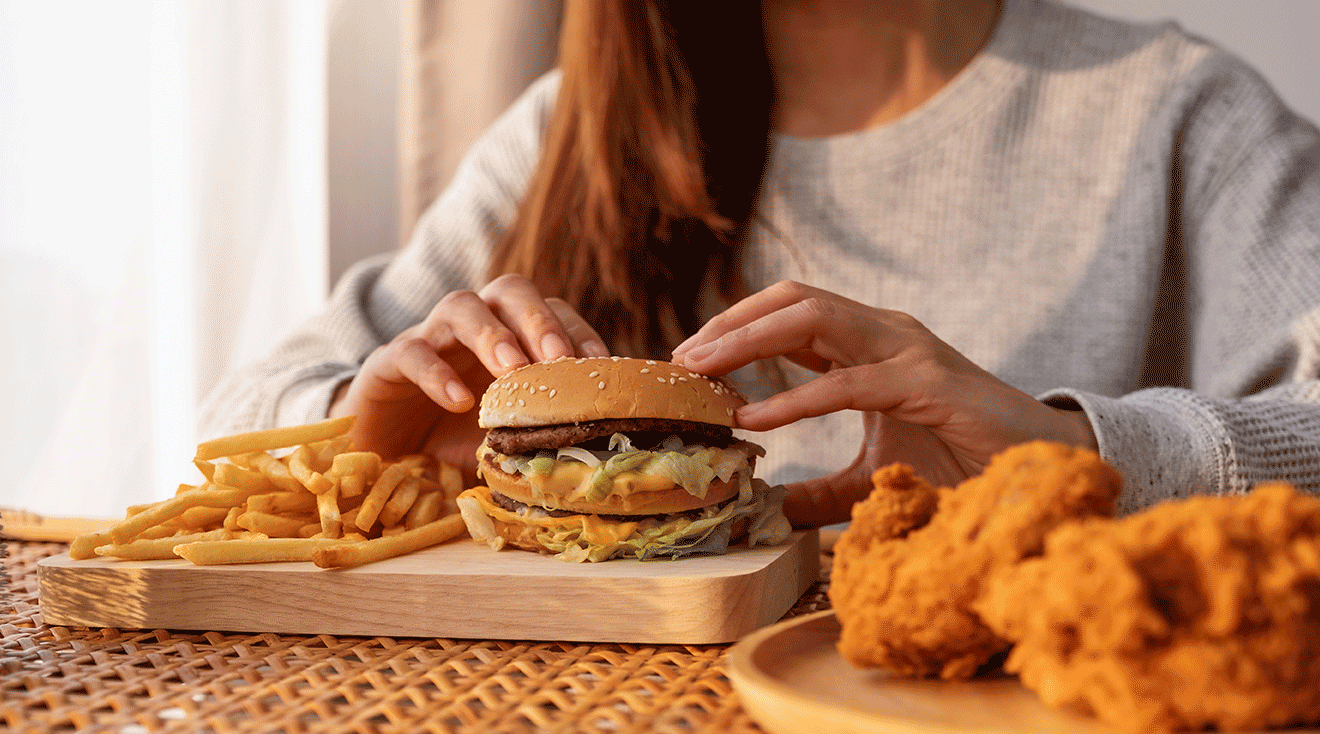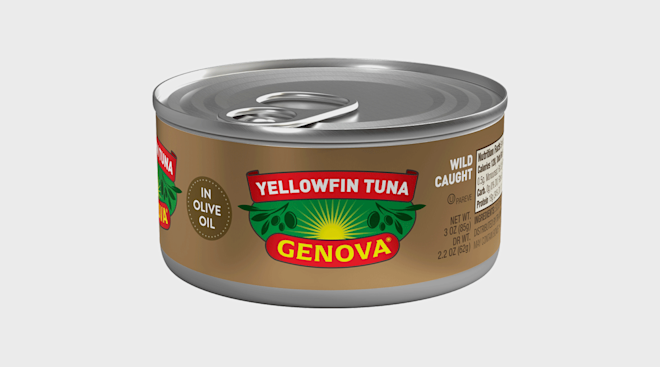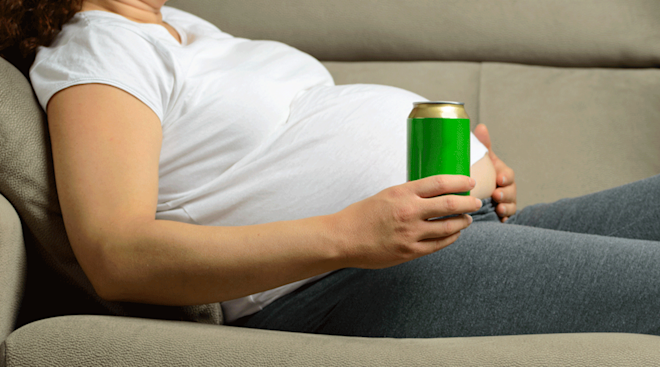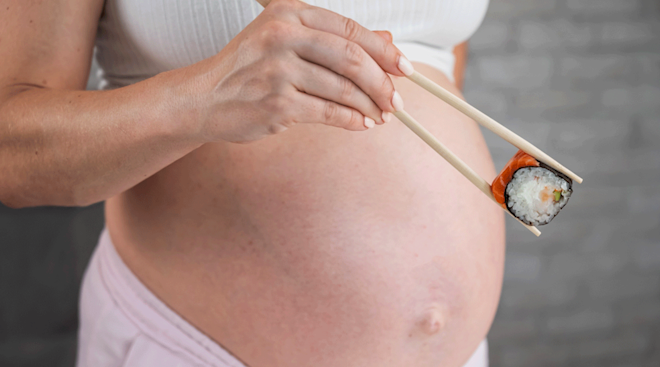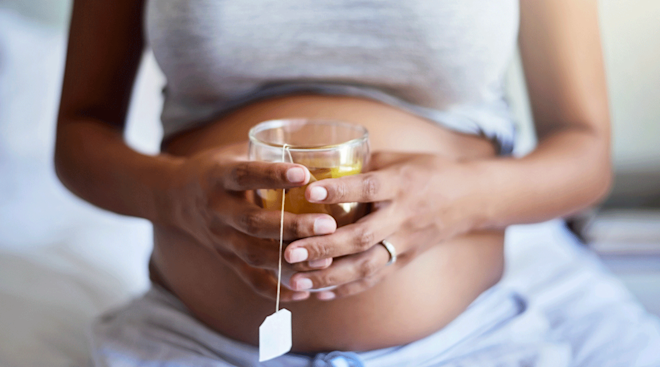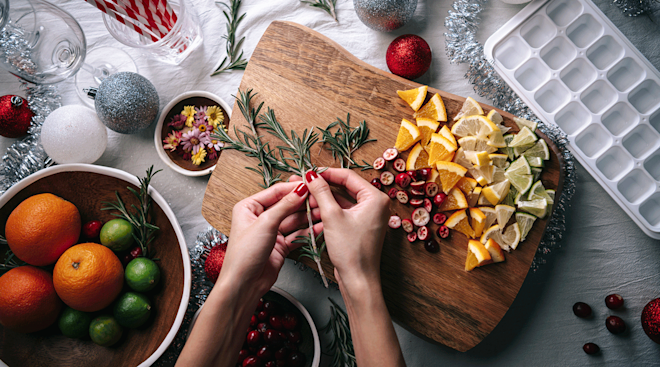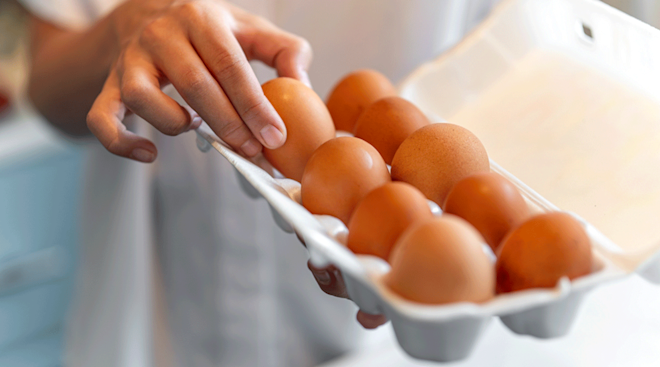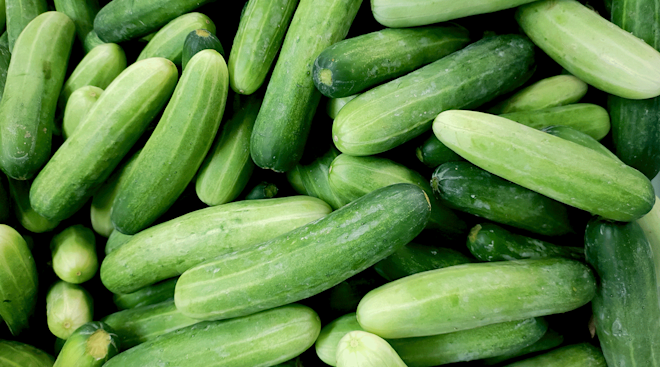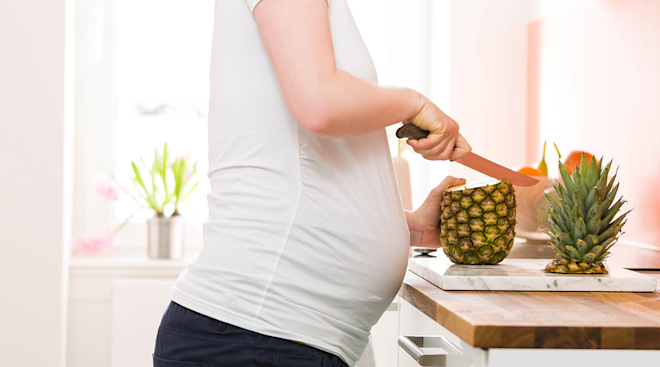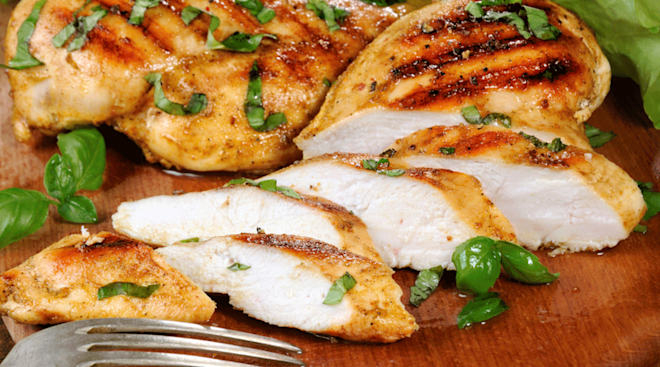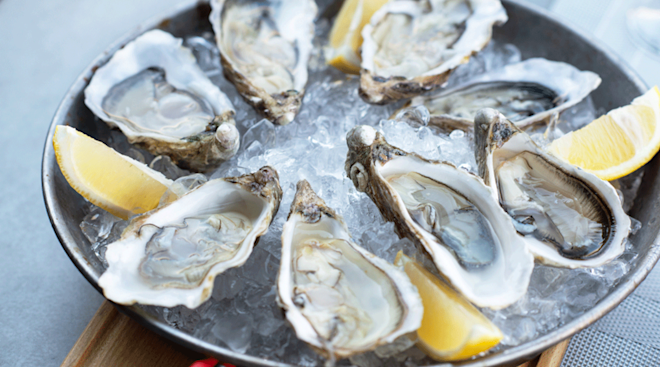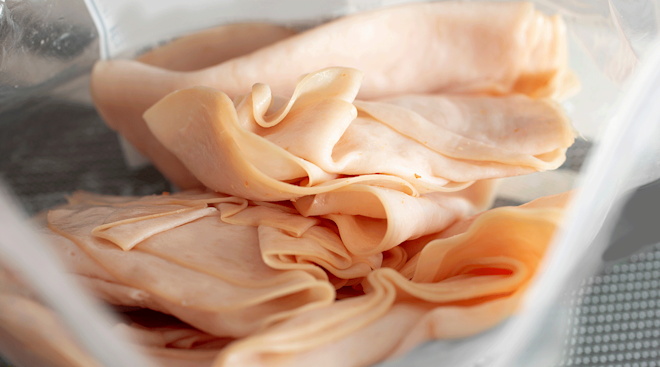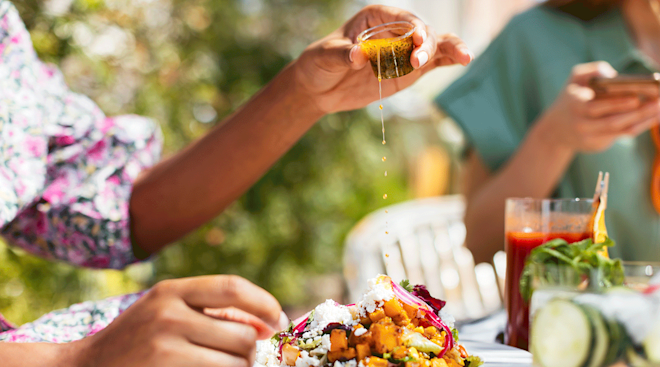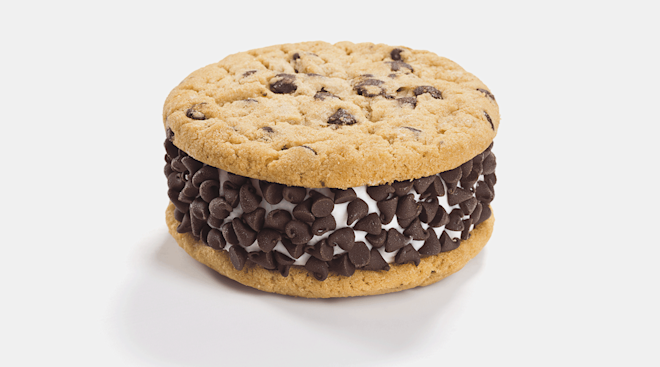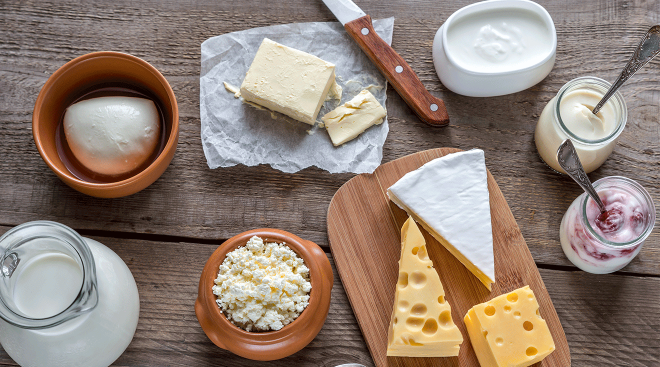How Your Pregnancy Junk Food Cravings Affect Baby
From fried pickles to ice cream at midnight, moms-to-be and pregnant people have some pretty crazy food cravings. Blame the extreme hormonal changes that expectant women experience, which play a major role in their sense of taste and smell. So even if you were never a potato chip junkie, don’t be surprised if you find yourself inhaling a canister of Pringles. Besides, there are plenty of excuses to give into those cravings: Pregnancy is hard, and you deserve a break! But there are plenty more reasons not to give in. Read on to discover how your child’s future health and eating habits can be shaped by what you eat now.
There are the obvious reasons why we need to be opting for almonds instead of the Almond Joy. “Junk food doesn’t provide the nutrients necessary to support the proper growth and development of baby’s body, including their brain, bones, immune system and organs,” Carley Mendes, a prenatal nutritionist and founder of Oh Baby Nutrition, points out. But more than just lacking the key nutrients, junk food may also have long-term effects, well after you’ve wiped away the Cheetos dust. More studies are needed (most are rodent studies and, of course, humans aren’t rats), but here’s what junk food is associated with so far when it comes to the future of a growing fetus:
1. A preference for fatty foods
In a 2017 rodent study published in Frontiers in Endocrinology, scientists tracked the relationship between a mother’s diet and her baby’s weight, relationship with food and brain circuitry. It turned out that the rats who ate junk food during pregnancy had heavier pups who strongly preferred fat right after weaning. While a balanced diet in childhood lowered those cravings, the pups’ brain circuitry remained altered into adulthood—leaving them with a weakness for fat-laden chow.
2. An increased risk for allergies
Already a culprit behind cardiovascular disease, too much sugar might also wreak havoc on other systems—and not just for you, but also baby. Consider: A European Respiratory Journal study found that women who ate the most “free sugars” in the group—meaning foods with added sugars, whether in the form of sucrose, high fructose corn syrup, honey or fruit juices—saw a 38 percent bump in their child’s allergy risks between the ages of 7 and 9. The moms also saw a stunning 101 percent increase in the risk for allergic asthma in their children. Surprisingly, the kids’ consumption of sugars in early childhood didn’t affect the results.
3. An increased risk for heart disease
A Cell Reports study found that pregnant rats who eat a high-fat, high-sugar diet and suffer from pre-pregnancy obesity can pass genetic abnormalities to three future generations. What can this mean? Upping the risk for heart disease and type 2 diabetes.
4. An increased risk for junk food addiction
In a study published in The FASEB Journal, pregnant rats who ate junk food seem to have actually programed their offspring to be addicted to a high-fat, high-sugar diet by the time they’re weaned. Why? It appears those tasty treats desensitized the normal brain reward system in offspring, leaving them less sensitive to “feel good” hormones, which, in turn, could have sparked overeating.
Besides the negative effects on baby, too much junk food can also make pregnancy tougher than it has to be. “It can increase your risk of several pregnancy-related symptoms, such as fatigue, heartburn, stretch marks, gestational diabetes and more,” Mendes says. “Ideally, pregnant women would reduce their intake of all highly processed foods with white flour, sugar and artificial additives. Trans fats, such as hydrogenated or partially hydrogenated oils, are particularly detrimental during pregnancy.”
The good news? The flip side is also true: Nutritious snacking can make pregnancy easier and give baby a head start on good health, from bolstering tissue and brain development to building bone and the immune system. But if the taste of fat, sweet or salt consumes you, then don’t fight it—just find the right snacks to satisfy your craving. “Only focusing on what you should avoid can quickly lead to feelings of deprivation,” Mendes says. “I always work with my clients to find healthy swaps for their favorite treats.” Here, some smart switches to feed your cravings:
If you crave: potato chips, nachos, Cheetos
Reach for: kale chips (“an amazing source of folate,” Mendes says), beet chips or dried seaweed
If you crave: candy, cakes
Reach for: bananas, apples or any other fruit (make them a little more enticing by pairing with almond butter or a drizzle of melted dark chocolate); consider making Mendes’s DIY healthy chocolate cupcakes
If you crave: ice cream
Reach for: fruity yogurt; you can also try Mendes’s DIY mango ginger creamsicles (which—bonus!—can help relieve morning sickness) or ice cream made with bananas
Please note: The Bump and the materials and information it contains are not intended to, and do not constitute, medical or other health advice or diagnosis and should not be used as such. You should always consult with a qualified physician or health professional about your specific circumstances.
Navigate forward to interact with the calendar and select a date. Press the question mark key to get the keyboard shortcuts for changing dates.
































